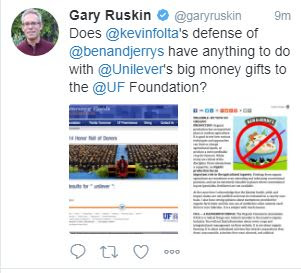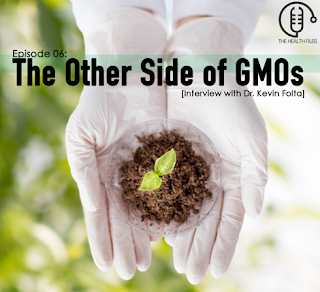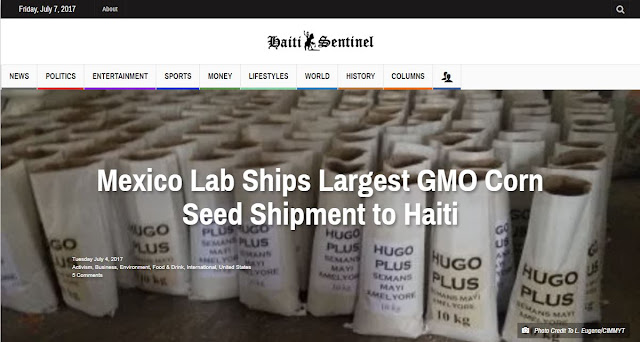Hey Gary, Here's How University Funding Works

Last week the New York Times' Stephanie Strom published a report that there were meaningless levels of the herbicide glyphosate identified in ice cream-- Ben and Jerry's Ice Cream. Turns out that the organization that paid for the tests, Organic Consumers Association (OCA), has been trying to "force" (their word) Ben and Jerry's to source organic milk for some time to no avail. I reported here that such pronouncements are counter to the accepted methods of scientific publication, and that in absence of methods, replication and statistical treatments no sound conclusion could be made. I hypothesized that the report might be payback for not sourcing organic milk. To the casual bystander this is rather low, and it is not looking good for the Organic Consumers Association. OCA is a relentless science-free religion exploiting the organic halo and all of its innocent presumptions. OCA does not support organic production or farmers directly, they simply despis...






